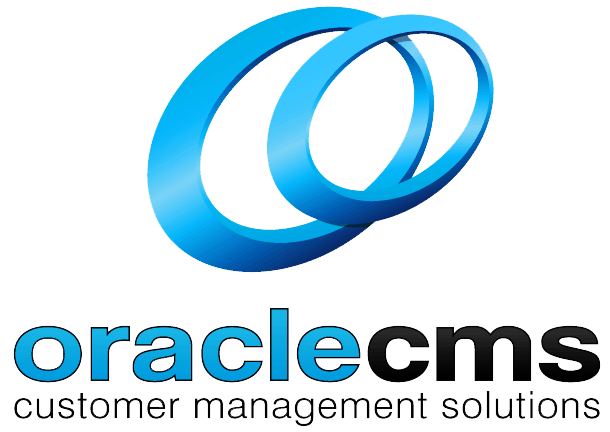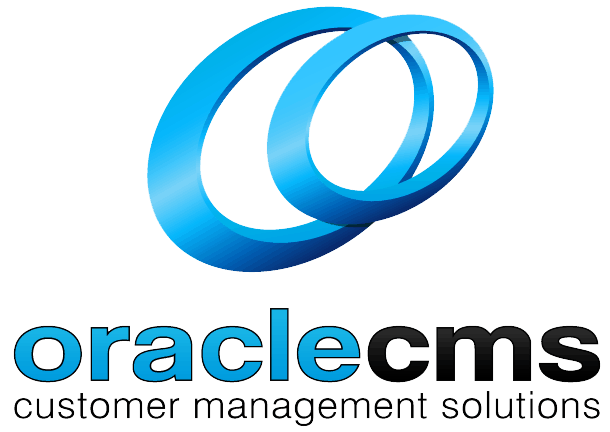
Using Intelligent Agents for Efficient Property and Facilities Management
The property and facilities management sectors in Australia face evolving challenges as tenant expectations rise and the need for efficient, sustainable operations intensifies. Intelligent agents – AI-driven software systems designed to automate tasks, respond to inquiries, and streamline processes – have emerged as a transformative solution. By enabling responsive tenant communication, optimising maintenance scheduling, and enhancing energy management, intelligent agents support property and facilities managers in meeting these demands. This article explores how intelligent agents can improve efficiency, cost-effectiveness, and tenant satisfaction in property and facilities management.
What Are Intelligent Agents in Property and Facilities Management?
Intelligent agents, also known as virtual assistants or AI agents, are applications that leverage artificial intelligence to autonomously perform tasks and interact with users. In property and facilities management, intelligent agents handle a range of tasks, from responding to tenant inquiries via chat or email to managing maintenance schedules and optimising energy usage. These agents differ from traditional automation by continuously learning from data, allowing them to adapt to complex, evolving management needs. For example, an intelligent agent can learn which maintenance requests are high-priority based on past data, ensuring timely responses to critical issues.
Enhancing Tenant Communication with Intelligent Agents
Tenant communication is one of the most time-intensive tasks in property management. Intelligent agents serve as virtual assistants that streamline communication by providing immediate, accurate responses to tenant inquiries. Whether it’s through chatbots, automated phone systems, or email responses, these agents ensure that tenants receive consistent and timely support.
Intelligent agents also handle routine issues, such as rent reminders, lease information, and general building policies, which means fewer inquiries are escalated to human staff. Tenants benefit from quick, round-the-clock support, as intelligent agents are available to assist even after office hours. This constant availability improves tenant satisfaction, showing a commitment to responsive, client-centric management. For urgent matters, intelligent agents can be programmed to identify keywords or specific requests, escalating critical issues to the appropriate team members.
Improving Maintenance Scheduling and Response with Intelligent Agents
Effective maintenance scheduling and prompt response to maintenance requests are vital for tenant satisfaction and building upkeep. Intelligent agents streamline these processes by proactively monitoring building systems and identifying maintenance needs before they escalate into costly issues. By analysing data from IoT sensors or maintenance logs, intelligent agents can predict when equipment or systems require servicing, reducing unexpected breakdowns and prolonging the life of assets.
In addition to proactive maintenance, intelligent agents enhance scheduling efficiency by automating the coordination of tasks with vendors and contractors. They can manage multiple schedules simultaneously, ensuring that maintenance tasks are assigned promptly and avoiding delays due to scheduling conflicts. When tenant maintenance requests come in, intelligent agents can prioritise these based on urgency and assign tasks to available technicians or contractors, providing a seamless experience for both tenants and property managers.
Energy Management and Sustainability Through Intelligent Agents
Energy management is increasingly important in Australian property and facilities management, both from a cost perspective and in terms of sustainability goals. Intelligent agents contribute to efficient energy management by monitoring real-time energy consumption and analysing data patterns to identify opportunities for savings.
These agents can track peak energy usage, identify inefficient patterns, and make adjustments to energy-consuming systems such as HVAC, lighting, and water heaters. For example, an intelligent agent might lower the temperature in unoccupied spaces or adjust lighting based on natural light levels, reducing unnecessary energy use. Over time, this real-time optimisation contributes to lower utility costs and aligns the property’s operations with environmental sustainability goals. By helping property managers meet sustainability targets, intelligent agents support a greener, more cost-effective approach to facilities management.
Key Benefits of Intelligent Agents for Property and Facilities Management
Implementing intelligent agents in property and facilities management offers a range of benefits, from operational efficiency to cost savings. Here are the key advantages:
- Enhanced Efficiency and Productivity: Intelligent agents handle time-consuming, repetitive tasks, allowing property and facilities managers to focus on strategic responsibilities.
- Cost Savings: By optimising maintenance schedules and reducing energy waste, intelligent agents contribute to lower operational and utility costs.
- Improved Tenant Satisfaction: With quick responses to inquiries and proactive maintenance, tenants experience a higher level of service, which improves tenant retention rates.
These benefits make intelligent agents a valuable addition to modern property and facilities management, addressing the sector’s primary operational and service-related challenges.
Practical Tips for Integrating Intelligent Agents into Property and Facilities Management
For managers looking to implement intelligent agents, the following tips can help ensure a smooth integration:
- Start with High-Impact Areas: Begin by deploying intelligent agents in high-demand areas, such as tenant communication or maintenance scheduling. These areas provide quick, visible benefits and allow teams to experience the efficiency of intelligent agents.
- Customise Intelligent Agent Interactions: Tailor the agent’s responses to reflect the property’s tone and expectations. Customising interactions based on tenant demographics or property type improves the user experience.
- Monitor Performance and Adjust Accordingly: Intelligent agents should be monitored regularly to assess response times, issue resolution rates, and tenant feedback. This data allows managers to refine the agent’s performance over time, ensuring that it meets operational goals and tenant needs.
By following these steps, property and facilities managers can maximise the value intelligent agents bring to their operations, ensuring a smooth transition and optimal results.
Challenges and Considerations When Using Intelligent Agents
While intelligent agents offer substantial benefits, there are several factors to consider:
- Data Privacy and Security: Intelligent agents handle sensitive tenant information, making robust data security measures essential. Managers should prioritise agents that adhere to Australian data privacy laws and use encryption to protect tenant data.
- Training and Adaptation Period: Initially, there may be a learning curve as agents are adjusted to fit the property’s unique requirements. Regular updates and continuous refinement are necessary to maintain efficiency and effectiveness.
- Balancing Automation with Human Interaction: While intelligent agents handle routine tasks effectively, more complex tenant issues often require human assistance. Maintaining a balance between automated and human responses ensures that tenants receive personal, empathetic support when needed.
Addressing these considerations helps ensure that intelligent agents deliver maximum value while maintaining high standards of service and security.
In Summary
Intelligent agents are transforming property and facilities management in Australia, offering advanced solutions for tenant communication, maintenance scheduling, and energy management. By improving efficiency, lowering operational costs, and supporting sustainability, intelligent agents empower property managers to meet evolving tenant expectations and enhance service quality. As more property and facilities management professionals adopt intelligent agents, they gain a valuable tool for future-proofing operations, delivering consistent tenant satisfaction, and achieving financial and environmental goals.
FAQs
Q1. How do intelligent agents improve tenant communication in property management?
A1. Intelligent agents provide immediate responses to tenant inquiries through automated channels like chat and email. They handle routine inquiries efficiently and are available 24/7, allowing tenants to receive support at any time, which enhances tenant satisfaction.
Q2. Can intelligent agents help prevent maintenance issues in facilities management?
A2. Yes, intelligent agents use data from IoT sensors or maintenance records to predict when equipment needs servicing, scheduling maintenance proactively to prevent unexpected breakdowns and extend asset life.
Q3. How do intelligent agents contribute to energy management in property facilities?
A3. Intelligent agents monitor real-time energy consumption and make adjustments to systems like lighting and HVAC to optimise energy use, reducing utility costs and supporting sustainability goals.
Q4. What are the primary benefits of using intelligent agents in property and facilities management?
A4. Intelligent agents improve efficiency, reduce operational costs, enhance tenant satisfaction, and support sustainability through proactive energy management, making them a valuable asset for property and facilities managers.
Q5. What should property managers consider when implementing intelligent agents?
A5. Managers should consider data privacy, the need for a training period, and the balance between automation and human support. Selecting agents with robust security features and customising interactions to suit tenants’ needs can ensure successful integration.


